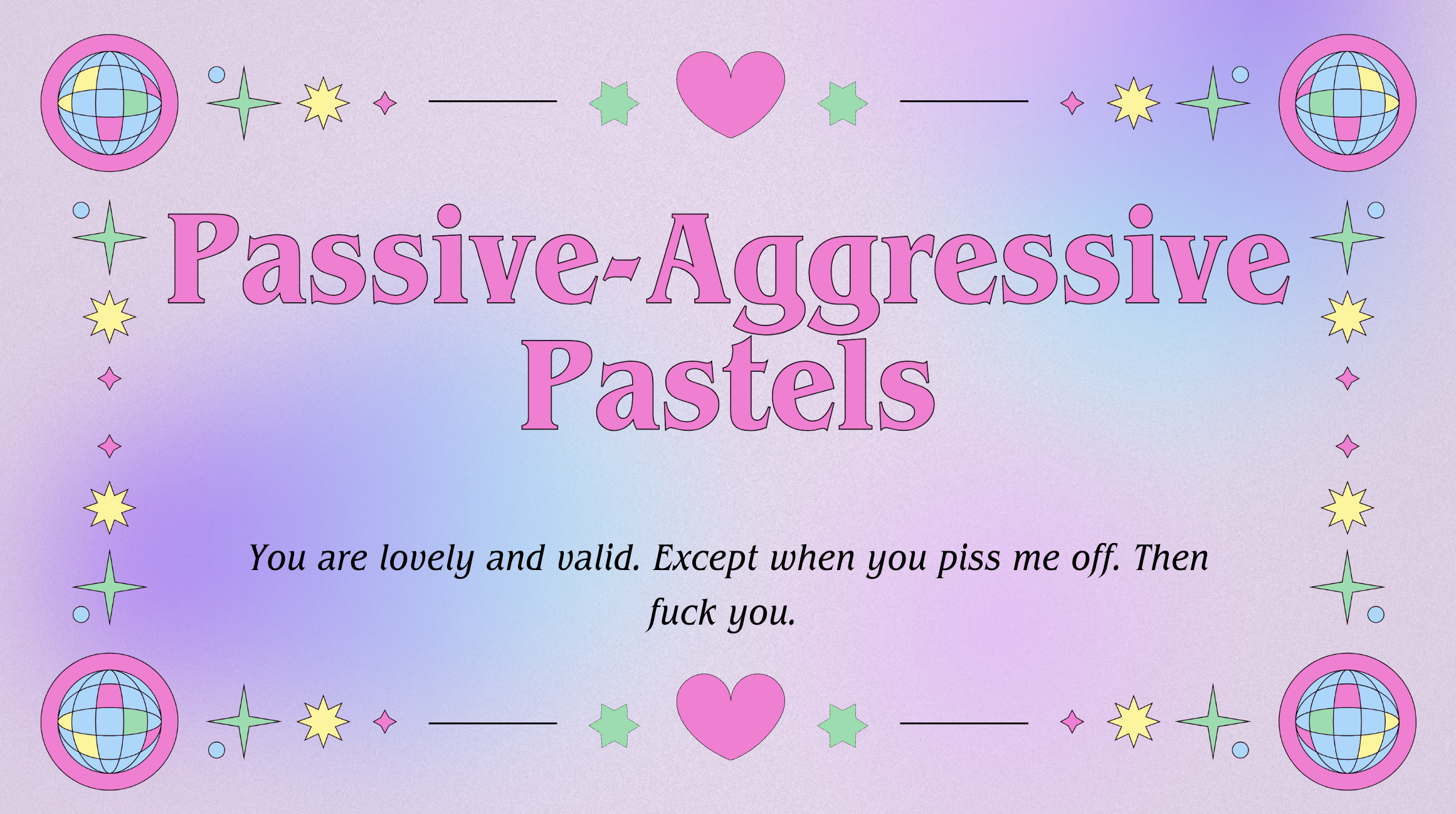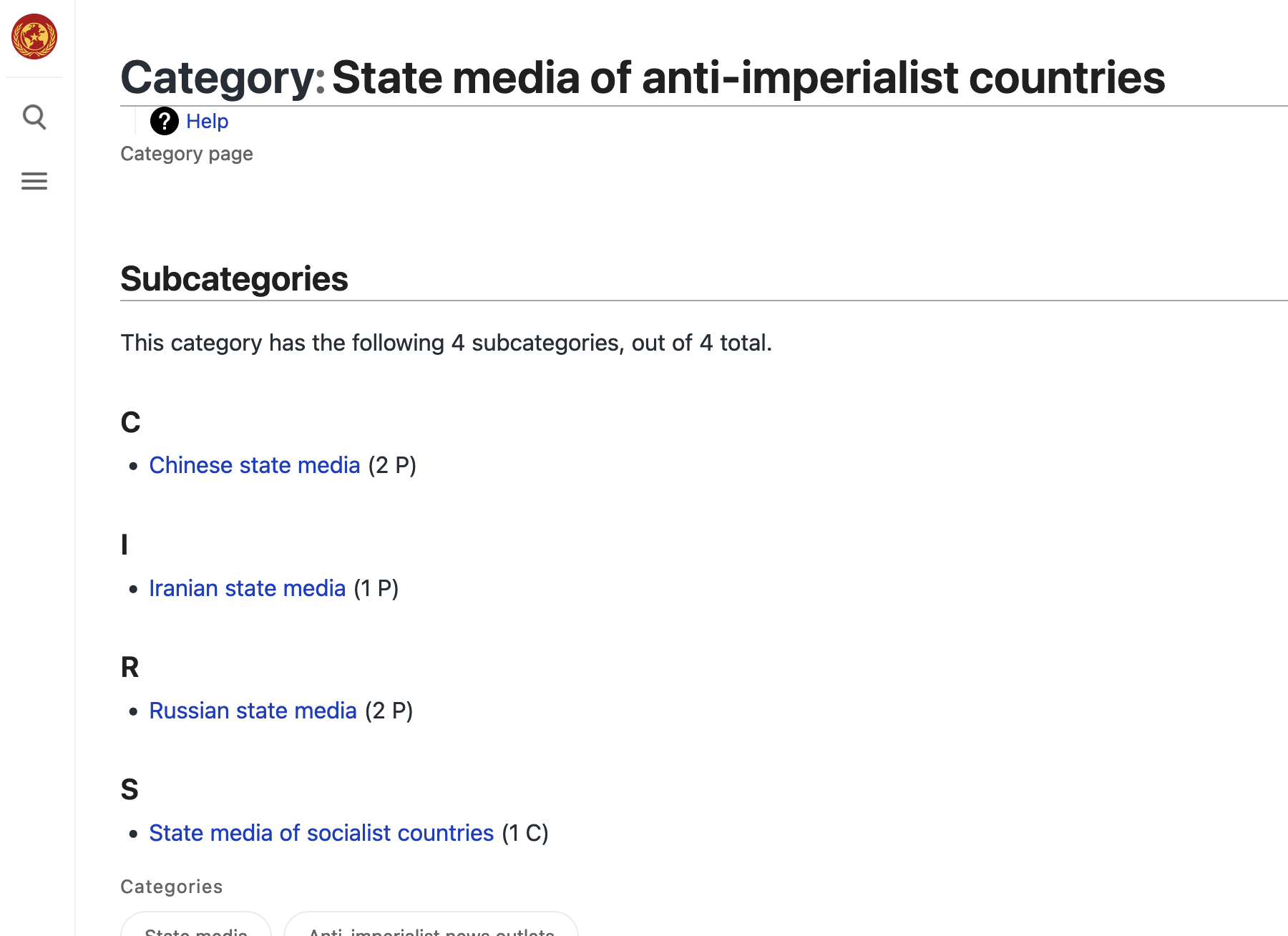(a rare content warning for this blog: brief mention of child abuse)

I talk a lot about social justice assholes, usually the more obvious ones. After all, I was raised by blatant assholes (well, blatant once the doors were closed). Depraved, abusive, cultish, creepy, incestuous, manipulative, cruel, selfish assholes. We’re talking about fathers who leer at their middle-school children’s bodies—and mothers who go a bit further. We’re talking about the kinds of people who yell for hours on end at their hapless nine-year-old because their bedroom was mess or they struggled with long-multiplication drills, until that nine-year-old dissolves into a puddle of self-abasement and misery.
So if you seem too nice, my instinct is to bolt, since you’re taught that everyone who cares about you is going to give you tough love, even if that “love” is nothing but unvarnished abuse and cruelty. It’s not that I want to be around jerks. I don’t attract them the way I used to. But I prefer nice people with an edge, a tendency towards sarcasm and self-depreciation. The kinds who will satirise what they’ve gone through, rather than sit in an affirmation circle.
Well-meaning wielders of saccharine platitudes
If you seem too earnest and you are over the age of 21, I’m going to wonder whether you’re trying to sell me something, or if you’re gullible enough to have someone else sell you something. Of course, these people probably are earnest, but the focus on affirmation and supposed antidotes to the 24/7 cycle of bad news that I sometimes find online gives off that too-nice, I-can’t-trust-this feeling. Everything I read makes me think of lying in a bath with strawberry candles around the ledges, bath foam skimming off the top (probably from a Lush bath bomb), chill-out music playing on Spotify on your phone. They’ll say you’re valid, that you deserve to be here, that you are loved and welcomed.
They’ll pull out their Sacred Affirmation Tarot Cards, make hazy graphics on Canva with goopy 1970s-revival fonts and soft purple-and-blue gradients (admittedly, I do like that aesthetic every so often), light Our Lady of Queer Revival candles that riff off the Catholic ones, make Instagram posts that lavish praise on all their followers and fans, write confessional posts about how I Am Multiply Marginalised And You Can Too.
Affirmation is all well and good, of course—but the words often ring hollow when you’re reading yet more news stories about how politicians in Texas or Russia want to ban you from existence, or about doctors who think that your kind should be wiped off the planet once they find enough “biomarkers,” or about how the planet’s going to burn if the world’s governments (mostly the US government) don’t get off their goddamn asses and do something. You get “good news” sites with magazine headlines like “What if everything turned out OK?” It’s not going to be OK if you’re just handing out platitudes and cute puppies, which is all you’re doing. (That’s what happened when I googled sites for good news after I was trying to break out of the Russia/Ukraine/GOP doomscrolling habit. And I was hit with high-fructose-corn-syrup glurge instead.) And no amount of affirmation is going to topple Ron DeSantis, Donald Trump, Vladimir Putin, Kim Jong Un, Bashar al-Assad, Viktor Orbán, or any other authoritarian dipshit from power (or in the case of Trump, keeping him from regaining it).
If you’re my actual friend, I know you mean it when you affirm me. I know it’s real and not just glurge. And because it’s real, I value it. But it doesn’t feel the same when I’m coming across it on a random Instagram feed, tweet (yes, I’m still calling it Twitter because fuck Elon Musk that’s why), or blog post.
What–or who–the hell are passive-aggressive pastels, anyway?
Methodological faults aside, the well-meaning wielders of saccharine platitudes really do want to do the right thing. Those really aren’t the people I’m pissed off at. Not at all. The ones I’m pissed off at are the kinds who are just as unpleasant and obnoxious as their blatant Social Justice Asshole counterparts, but they cover it all in affirmations about validity and lives that matter. A good friend of mine calls this aesthetic “passive-aggressive pastels.” (I’ll call them PAPs for short, which fits—after all, most of their posts are pap and little more.)
These are the Smol Beans™ on Tumblr (or TikTok nowadays, but I wouldn’t touch TikTok with a bargepole) who will pat you on the back as long as you perform wokeness the way they do. But once you step out of line, they’ll bite you in the back with passive-aggressive posts about how you’re being negative, how you’re being oppressive, violent, abusive, destructive. People like this tend to aim their passive aggression at members of their own community—for example, queer people, feminists, or disabled people. Often PAPs get away with this behaviour because they’re operating in small subcultures that are frequently marginalised or isolated in mainstream culture. This was often the case for queer and trans people in the early 2000s and 2010s, and that continues to be the case today for queer people who also belong to other minority groups (e.g., Black queer people in majority-white countries, or queer disabled people). And it’s absolutely the case in mental health/Mad/mental illness/psychiatric disability support groups, since it’s hard to find support when any mental health condition or perceived mental health condition is heavily stigmatised—unless it’s anxiety and minor clinical depression, that is. But try talking to your average person about bipolar, schizophrenia, DID/multiplicity/plurality, any personality disorder… people will look at you as though you’ve grown two heads. And this is where the PAPs come in. They know you’re a captive audience. They’ll shower you with love and attention. And no matter how much they turn on you and claim that you’re suddenly the Worst Person Ever, you keep coming back because there’s nowhere else to turn.
At least the normal Social Justice Assholes are honest. You know they’re jerks. They’ll rant and rave about how Hamas should kill Israeli citizens to right historic wrongs, call for the decapitation of every white cis man in sight, claim that trans women are all secret rapists there to violate women’s “sex-based rights.” PAPs will make the same claims, but under a haze of cutesy graphics and cryptic Instagram posts. They use use the same kinds of social policing methods as the Nice Southern Ladies I grew up around, the kinds who say “bless her heart,” but you know they’re silently hurling dark imprecations at the one who is supposedly being blessed. Like the Nice Southern Ladies, PAPs have authoritarian ideas and political stances, but they tend to use concern trolling and rhetorical sleight of hand rather than open claims. Nice Southern Ladies have “Live, Laugh, Love,” “#Blessed,” or “John 3:16” posters from Etsy on their walls. PAPs, on the other hand, will have “Protect Trans Lives” or “Black Lives Matter.”
The upshot is that PAPs, Nice Southern Ladies, Social Justice Assholes, and fire-and-brimstone right-wingers are all authoritarian jerks who value social conformity over human dignity, pluralism, or real equity. It’s just a different coat of paint.

